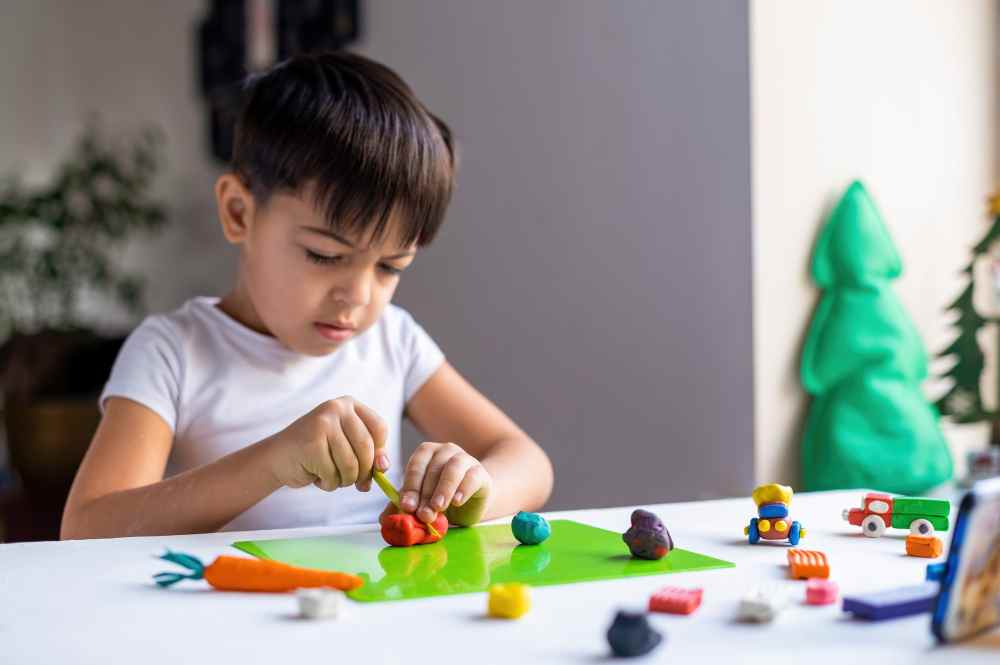As parents, we are constantly seeking ways to enhance our children’s learning and development. One popular educational tool that has stood the test of time is flashcards. Flashcards offer an interactive and engaging way to introduce new concepts and reinforce learning. But when is the right time to introduce flashcards to toddlers? In this article, we will explore the benefits of flashcards for toddlers and provide guidance on when and how to introduce them effectively.
Understanding Flashcards
Flashcards are a collection of cards featuring words, numbers, pictures, or symbols on one side and corresponding information on the other side. They serve as visual aid to help children learn and memorize new concepts, improve vocabulary, develop reading skills, and stimulate cognitive abilities. Flashcards are an excellent tool for teaching toddlers basic concepts and building a foundation for future learning.
The Benefits of Flashcards for Toddlers
- Language Development: Flashcards can significantly contribute to a toddler’s language development. By presenting pictures or words accompanied by pronunciations, flashcards help children associate visual cues with their corresponding names or sounds. This aids in expanding their vocabulary and improving language skills.
- Cognitive Development: Toddlers have a remarkable capacity for learning and retaining information. Flashcards engage their cognitive skills, helping them make connections between different concepts and develop critical thinking abilities. As children memorize and recall information from flashcards, their memory and concentration also improve.
- Visual Stimulation: Flashcards provide visual stimulation, capturing a toddler’s attention and fostering curiosity. The colorful and engaging illustrations or images on flashcards stimulate their senses and make the learning experience enjoyable and interactive.
- Motor Skills: Manipulating flashcards involves fine motor skills, as toddlers handle and flip through the cards. This activity improves their hand-eye coordination and dexterity, enhancing their motor skills development.
When to Introduce Flashcards to Toddlers
Every child is unique, and their readiness to engage with flashcards can vary. However, there are some general guidelines to consider when determining when to introduce flashcards to your toddler:
- Age: Most experts suggest that toddlers can begin using flashcards around 18 months to 2 years of age. At this stage, children have developed basic language skills and can start recognizing and associating words with their meanings.
- Interest and Engagement: Observe your toddler’s interest in books, pictures, and learning activities. If they display curiosity and enthusiasm for such activities, it may indicate their readiness to explore flashcards.
- Attention Span: Toddlers typically have a shorter attention span, so it is crucial to choose flashcards with concise and visually appealing content. Start with a few cards and gradually increase the number as your child’s attention span improves.
- Readiness for Learning: Every child has their own pace of learning. Look for signs that indicate your toddler is ready for more structured learning, such as showing an interest in identifying objects, mimicking words, or attempting to count.
How to Introduce Flashcards Effectively
- Start Simple: Begin with basic concepts and familiar objects, such as colors, shapes, animals, or everyday items. This allows your toddler to connect the flashcards to their existing knowledge and experiences.
- Make it Fun: Turn flashcard sessions into an enjoyable experience. Use an enthusiastic tone, incorporate gestures or actions, and encourage your child to participate actively. Utilize positive reinforcement and praise to motivate their learning.
- Keep it Short and Varied: Toddlers have limited attention spans, so keep flashcard sessions short and engaging. Aim for 5-10 minutes of focused learning at a time. Vary the content to maintain their interest, introducing new themes and concepts gradually.
- Incorporate Multisensory Techniques: Engage multiple senses by incorporating activities like touching, feeling, or listening while using flashcards. For example, encourage your child to touch and name the objects on the cards or imitate animal sounds.
- Repetition and Reinforcement: Repetition is key when using flashcards. Review previously learned cards frequently to reinforce knowledge. As your toddler becomes more familiar with the concepts, introduce new flashcards to expand their understanding.
- Use Interactive Apps or Online Resources: In addition to physical flashcards, consider using interactive apps or online resources specifically designed for toddlers. These can provide a dynamic and engaging learning experience while incorporating flashcards.
Conclusion
Introducing flashcards to your toddler can be a valuable educational tool that promotes language development, cognitive skills, and overall learning. By carefully considering your child’s age, interest, attention span, and readiness for structured learning, you can determine the right time to introduce flashcards. When used effectively, flashcards can transform learning into an exciting and interactive experience for your toddler, fostering a love for knowledge that will benefit them for years to come.
![]()











